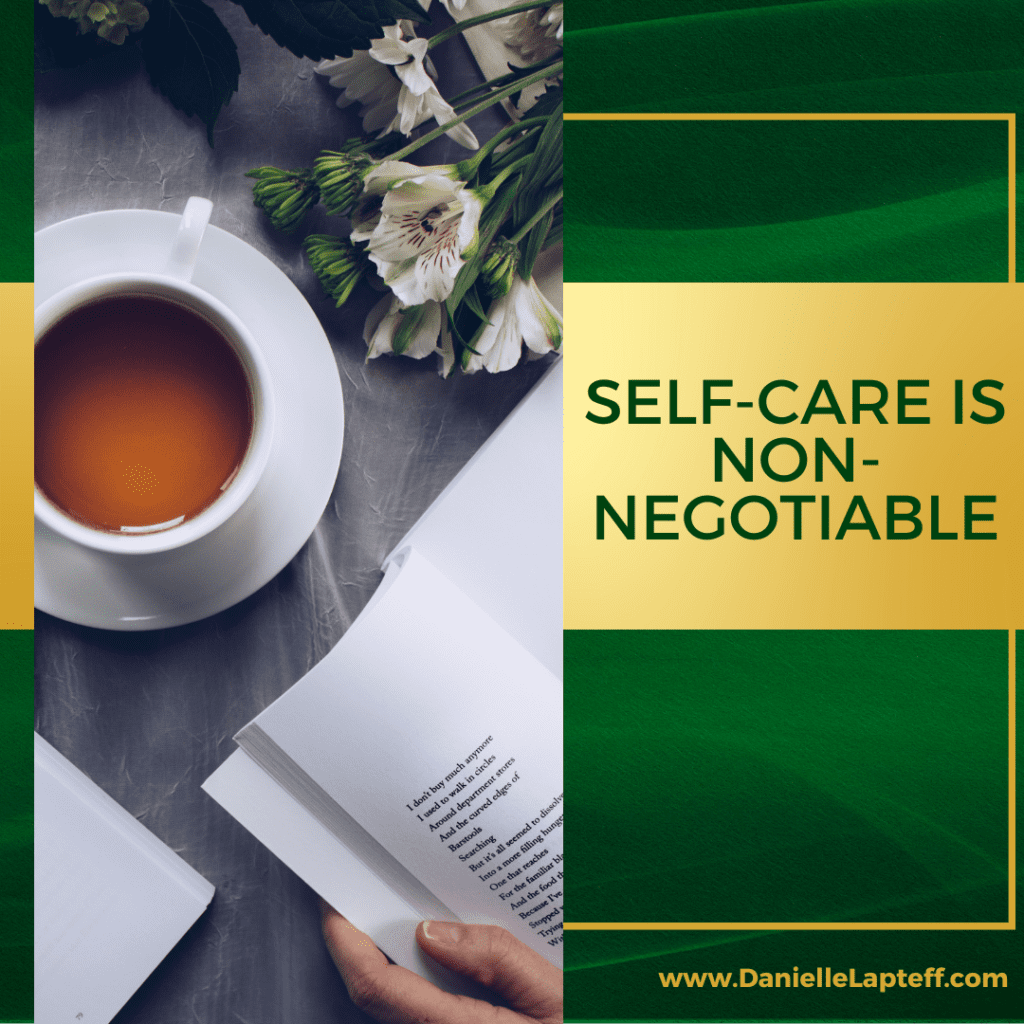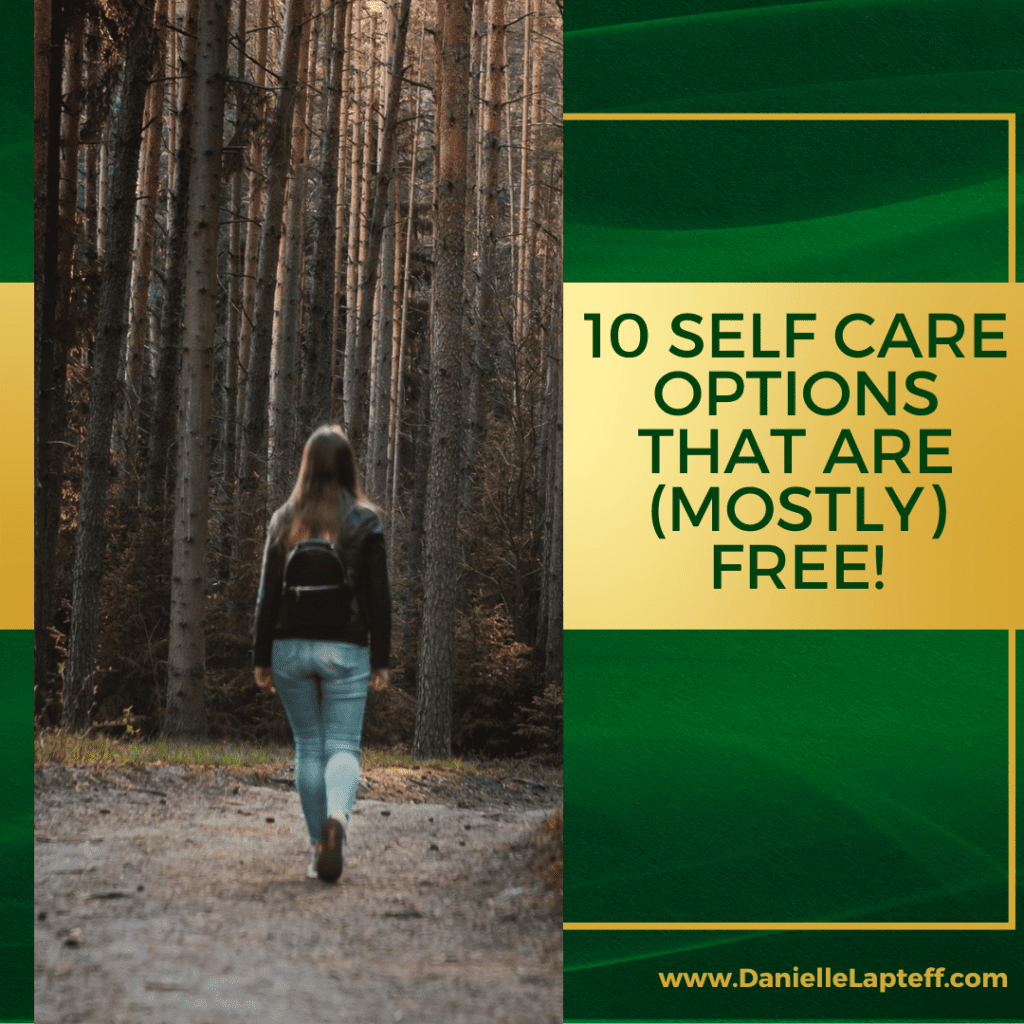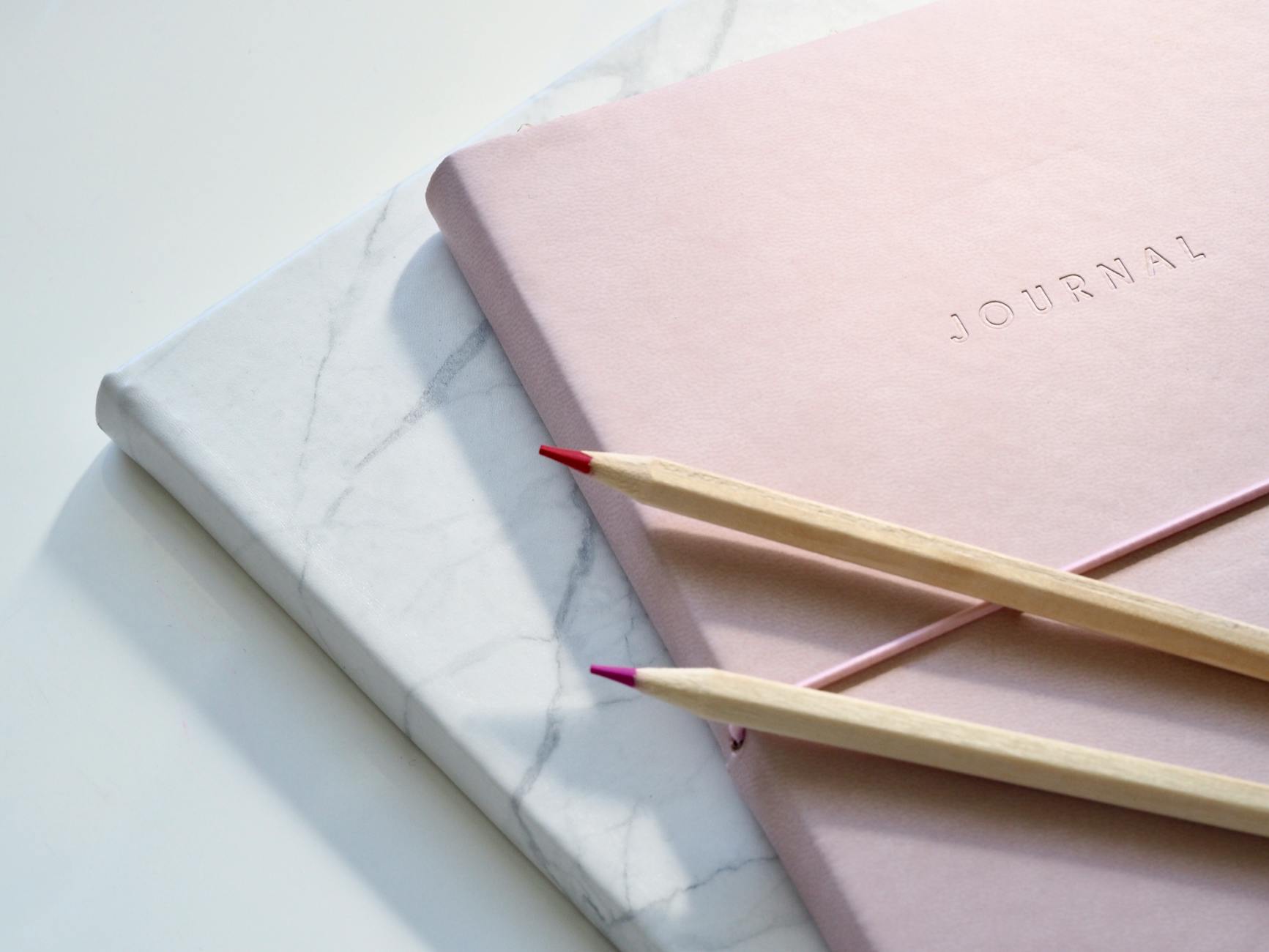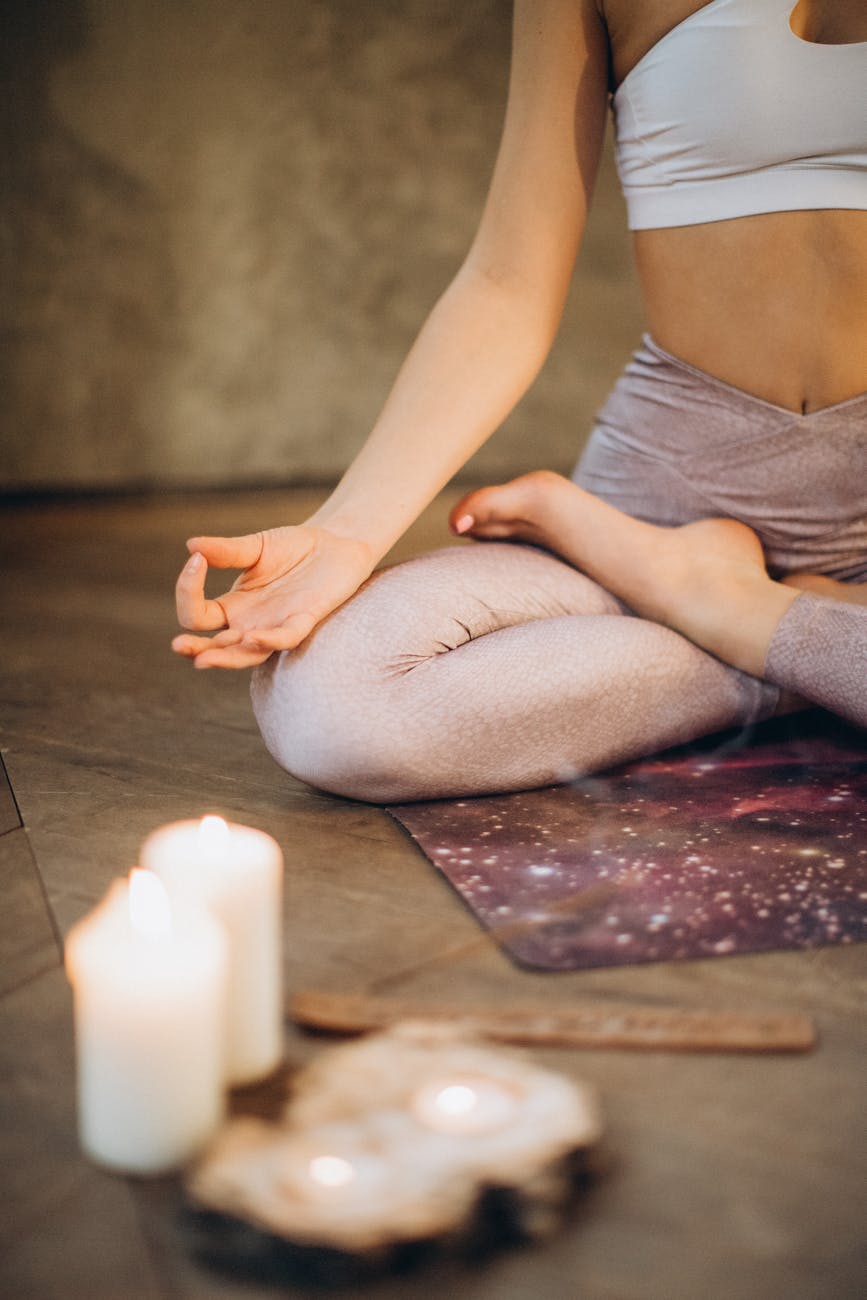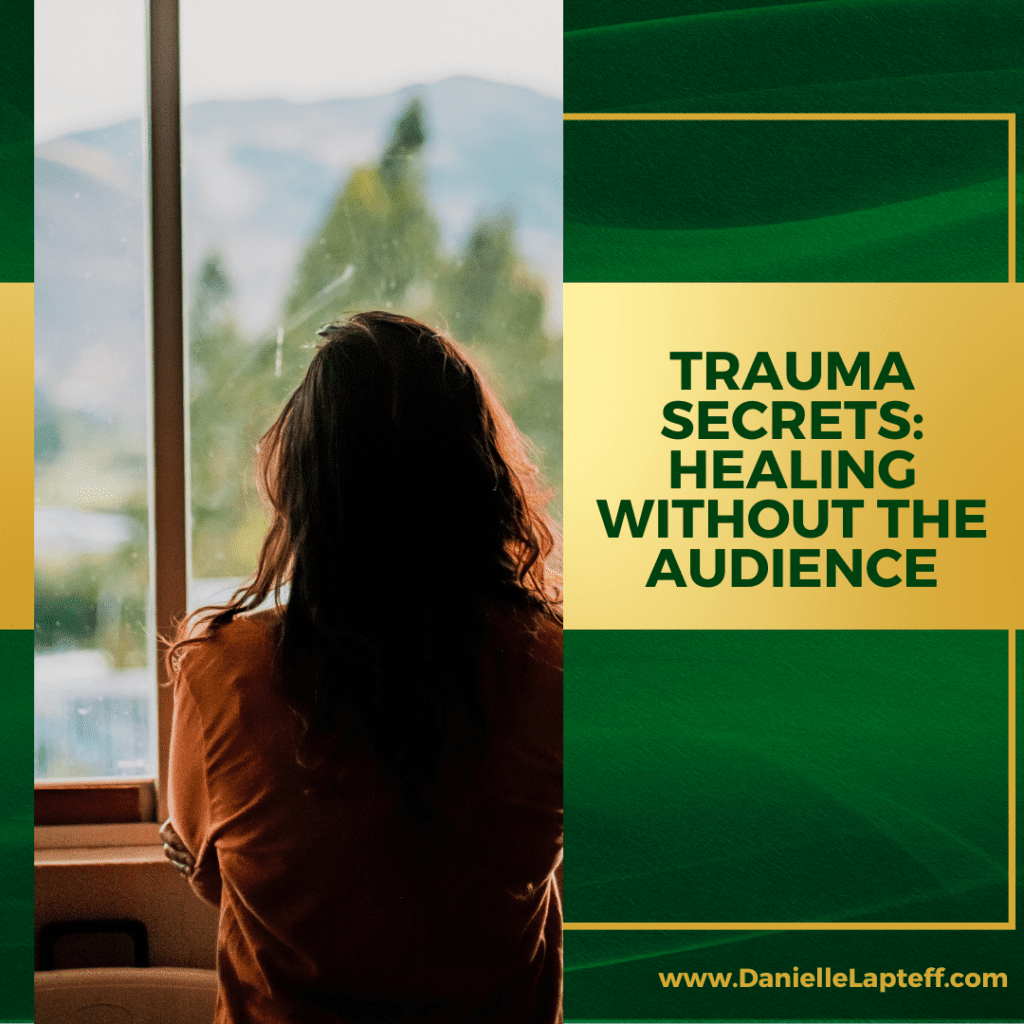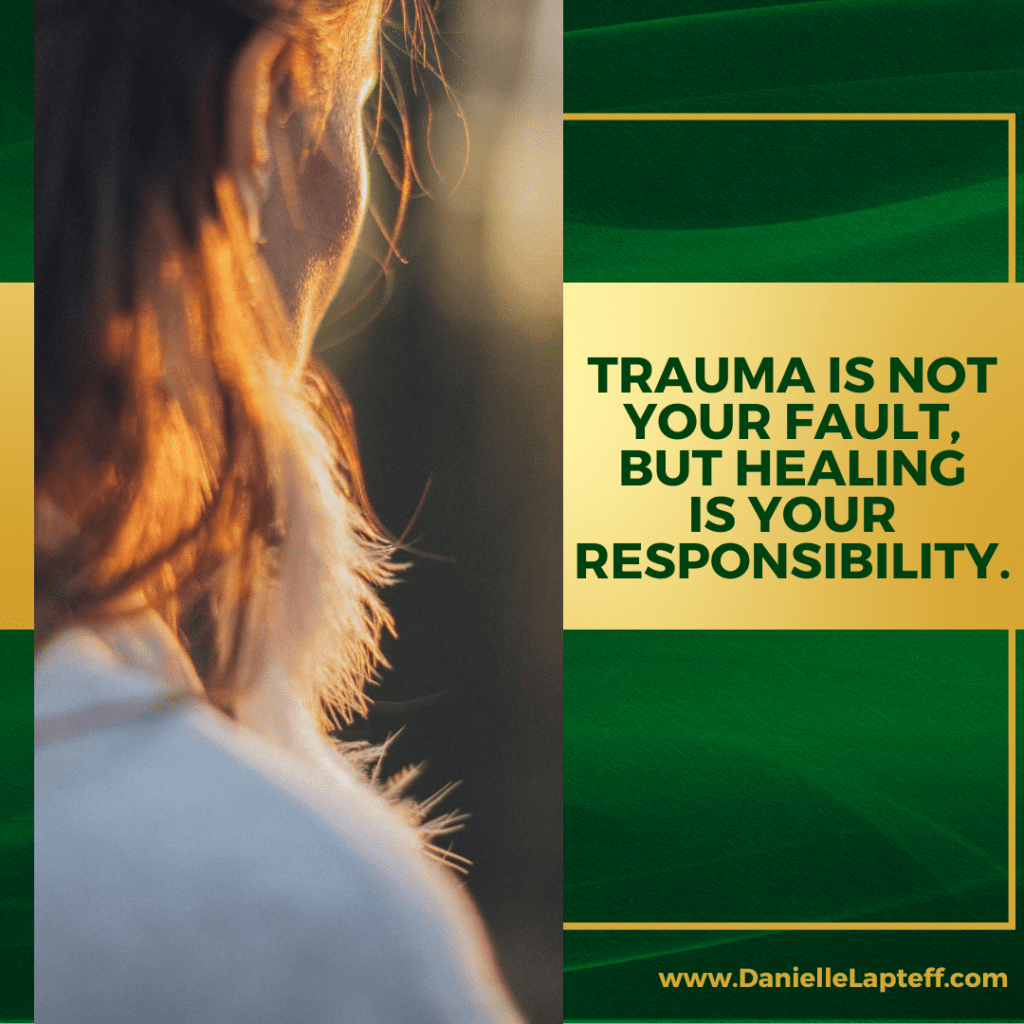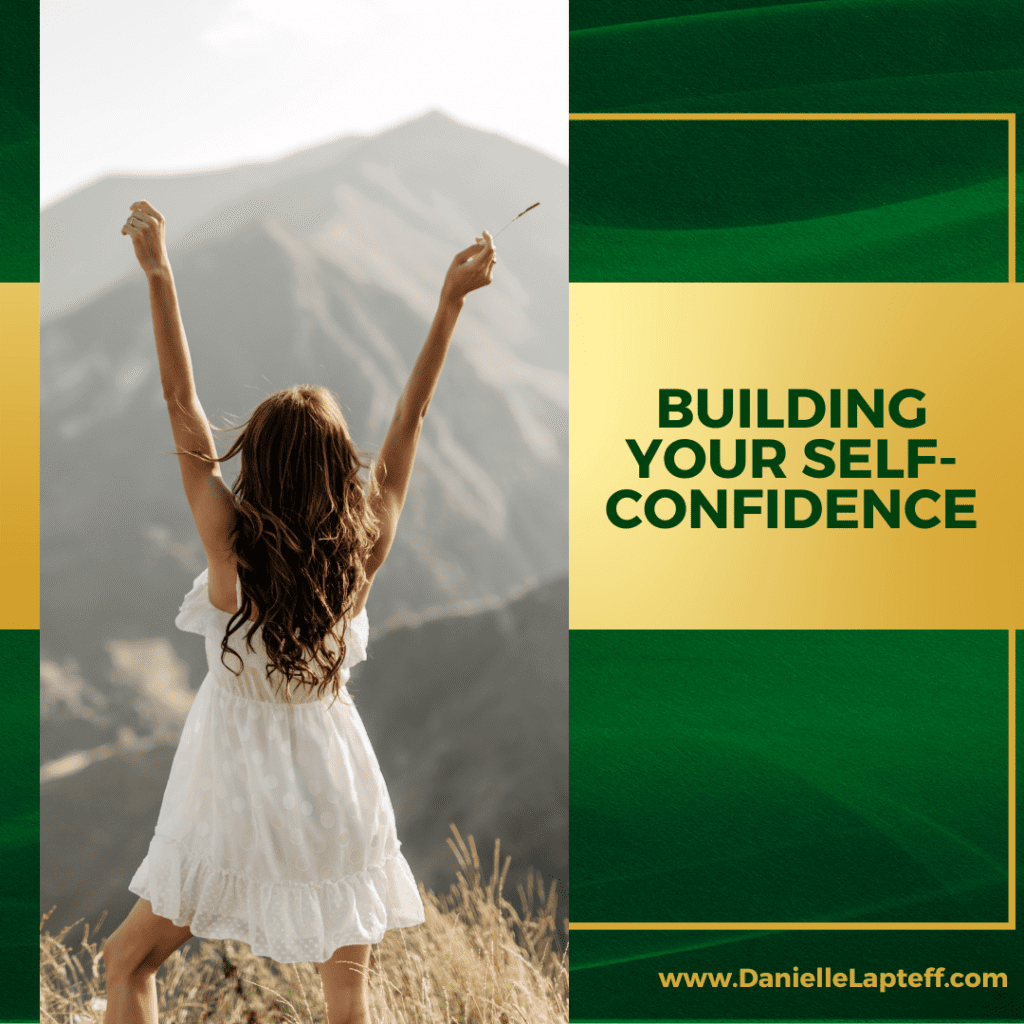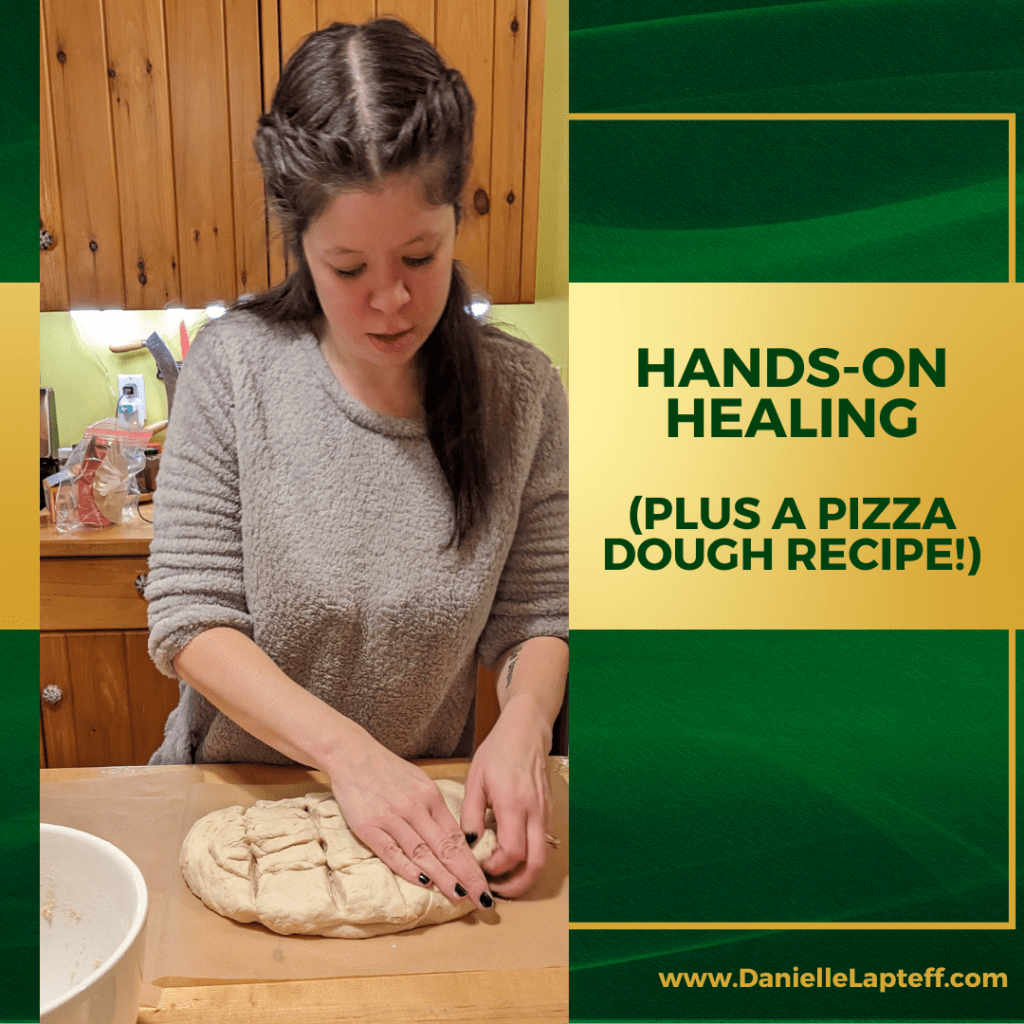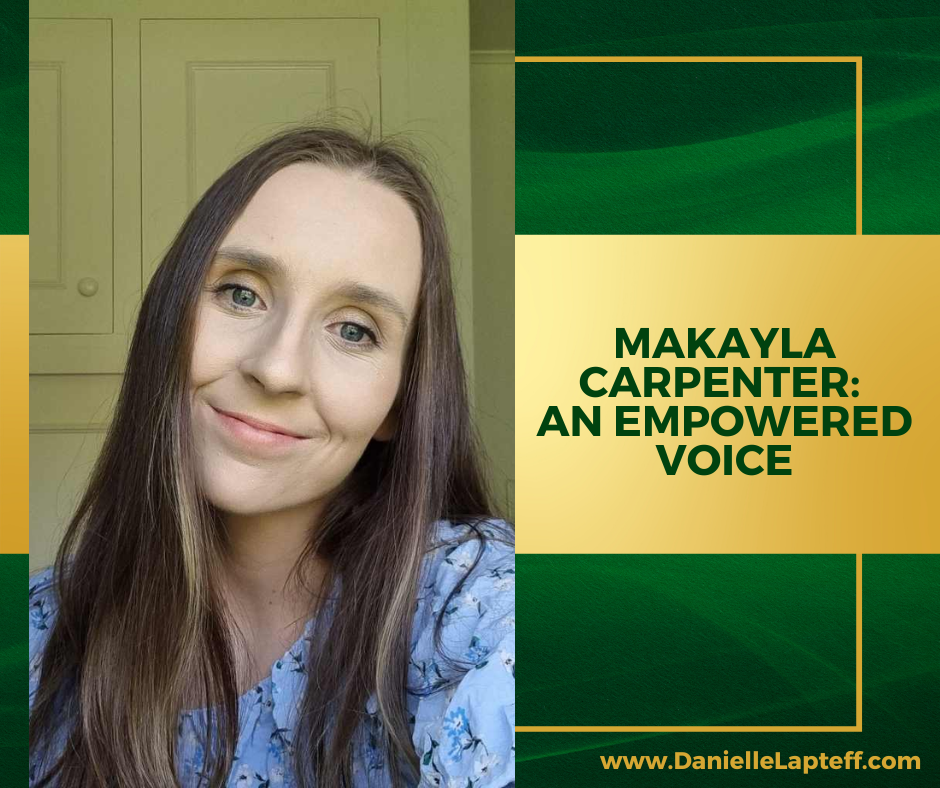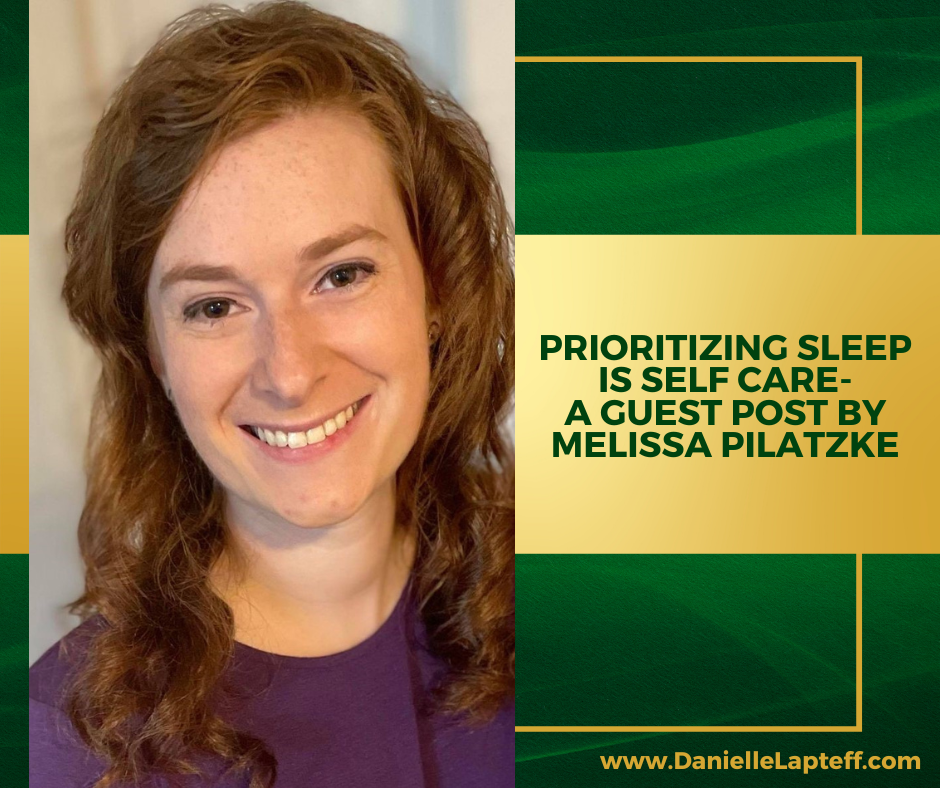Today I want to talk about self-care, but first I just wanted to give a quick intro as to what inspired this topic. The inspiration is actually the same reason I haven’t posted most over the last few months.
To keep it simple and brief, over the past few months, I’ve been dealing with some health issues that have really taken a toll on my energy levels. These challenges have forced me to make some significant lifestyle changes. Combine that with being a mom to two little ones and focusing on my paid clients and opportunities, and I just didn’t have the time or energy I needed for these free trainings.
During this time however, I’ve been adamant make relaxation and self-care a priority. It wasn’t an easy decision, and I’ve felt guilty about it at times. And again, that is what inspired this post. It is going to be a short one, but on a topic that I think it pretty important.
The Importance of Self-Care
Today, we’re going to talk about something that’s incredibly close to my heart: the importance of taking care of yourself, even when you feel like you might be letting someone down or not meeting certain goals you’ve set for yourself.
Understanding Burnout
Before we dive into self-care strategies, let’s talk about what happens when we don’t prioritize our well-being: burnout.
I’ve talked about this before, but basically burnout is a state of physical, emotional, and mental exhaustion. It can lead to:
- Decreased productivity
- Increased risk of physical and mental health issues
- Strained relationships
- Loss of motivation and creativity
The scary thing about burnout is that it doesn’t happen overnight. It’s a gradual process that can sneak up on you if you’re not paying attention.
The Power of Non-Negotiables
This is where non-negotiables come in. These are the things you commit to doing for yourself, no matter what. They’re your personal boundaries that protect your well-being.
Some examples of non-negotiables might be:
- Getting 7-8 hours of sleep each night
- Taking a 30-minute walk every day
- Having some screen-free time before bed
- Spending quality time with loved ones
- Practicing meditation or mindfulness
- Journaling every day.
Your non-negotiables might look different, and that’s okay. The important thing is that you figure out what you need to feel balanced and healthy, and then make those things a priority.
Setting Self-Boundaries
Along with non-negotiables, setting clear self-boundaries is crucial. These are the limits you set for yourself and others to protect your time, energy, and well-being.
Some examples of self-boundaries might include:
- Setting specific work hours and sticking to them
- Limiting time spent on social media
- Communicating your needs clearly to others
- Learning to say “no”. This could mean commitments that you don’t have time for or that don’t align with your priorities or values. It could mean relationships that are detrimental or draining. Or something else entirely. And the great thing about ‘no’? It’s a complete sentence. You don’t have to explain your reasoning if you don’t want to.
It’s important to remember that setting boundaries isn’t selfish. It’s necessary for maintaining your health and being able to show up fully in all areas of your life.
The Ripple Effect of Self-Care
When you prioritize your well-being, you’re not just helping yourself. You’re creating a positive ripple effect that touches everyone around you. By taking care of yourself, you’re better equipped to care for others, be more productive, and pursue your passions with energy and enthusiasm.
Think about it like the oxygen mask on airplanes. You need to put your own mask on first before you can help others. The same applies in real life. If you don’t take care of yourself, eventually you won’t be able to take care of anyone else etiher.
Okay, time to wrap this up.
I just want to emphasize that taking care of yourself isn’t a luxury—it’s a necessity. It’s okay to prioritize your basic needs and happiness. In fact, it’s essential. And so I hope you take the time to take care of you. Today and everyday.
I know it can be challenging, especially when you feel like you’re letting others down. But remember, by taking care of yourself, you’re ensuring that you can show up as the best version of yourself in all areas of your life.
I’d love to hear your thoughts on all of this. I’d love to know what resonated with you the most, what your non-negotiables might be, if you’ve experienced burnout or guilt or struggled with setting any particular boundaries… Please share in the comments or feel free to send me a message.
Also, as I’ve been making the lifestyle changes that I needed to and am getting my energy levels back under control, I’m excited to announce that I am opening up two more coaching slots in my three-month program. So if you’re interested in diving deeper into these concepts and working one-on-one to create a personalized self-care plan, or focusing on my other specialties of battling people pleasing, overthinking and self-sabotage, please reach out.
Remember, you’re worth taking care of.
A little reminder that if you need a little extra support, I’m your girl. I offer one on one coaching as well as a free facebook community for support. You can check get more info by clicking the links. (And of course feel free to reach out to me with any additional questions!)
